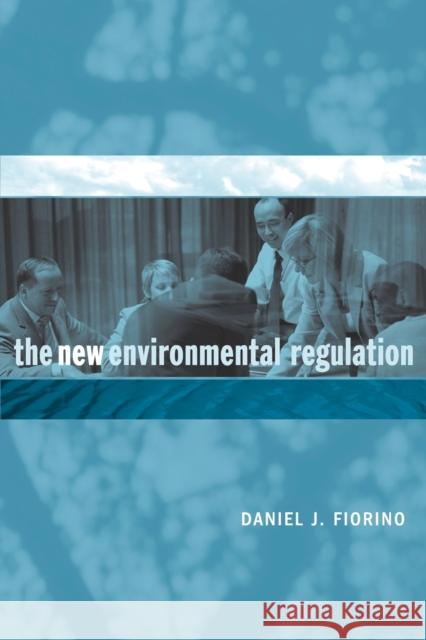The New Environmental Regulation » książka
The New Environmental Regulation
ISBN-13: 9780262562188 / Angielski / Miękka / 2006 / 304 str.
Environmental regulation in the United States has succeeded, to a certain extent, in solving the problems it was designed to address; air, water, and land, are indisputably cleaner and in better condition than they would be without the environmental controls put in place since 1970. But Daniel Fiorino argues in The New Environmental Regulation that -- given recent environmental, economic, and social changes -- it is time for a new, more effective model of environmental problem solving. Fiorino provides a comprehensive but concise overview of U.S. environmental regulation -- its history, its rationale, and its application -- and offers recommendations for a more collaborative, flexible, and performance-based alternative. Traditional environmental regulation was based on the increasingly outdated assumption that environmental protection and business are irreversibly at odds. The new environmental regulation Fiorino describes is based on performance rather than on a narrow definition of compliance and uses such policy instruments as market incentives and performance measurement. It takes into consideration differences in the willingness and capabilities of different firms to meet their environmental obligations, and it encourages innovation by allowing regulated industries, especially the better performers, more flexibility in how they achieve environmental goals. Fiorino points to specific programs -- including the 33/50 Program, innovative permitting, and the use of covenants as environmental policy instruments in the Netherlands -- that have successfully pioneered these new strategies. By bringing together such a wide range of research and real world examples, Fiorino has created an invaluable resource for practitioners and scholars and an engaging text for environmental policy courses.











